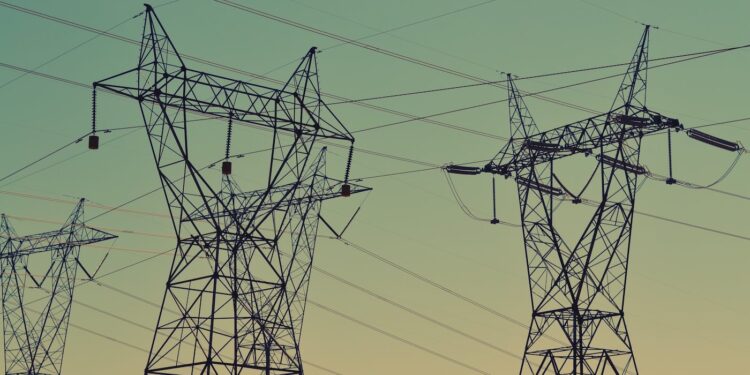The federal government is planning an almost 300% increase in electricity tariffs in the coming weeks in a bid to attract investment into the sector according to reports from Bloomberg.
According to the reports, unofficial sources state that electricity firms may hike tariffs for those in urban areas to N200 per kWh, up from N68. Those in urban centres represent just 15% of the population but reportedly consume around 40% of the nation’s power the anonymous source said.
The Special Adviser to the President on Information and Strategy, Bayo Onanuga told Bloomberg that NERC would announce a price increase soon and the government cannot speak on the matter for now.
- He stated, “The regulator will make any pronouncements based on its discussion with the distribution and generating companies. The presidency cannot say anything at this stage”
What you should know
Nigeria operates a fixed tariff system where the federal government sets the price of electricity through the Nigeria Electricity Regulatory Commission (NERC). For 2024, the federal government projected to spend around N1.67 trillion on electricity subsidy- an increase of 170% from the figure spent in 2023.
- According to the NERC’s guidelines, electricity distribution companies were to halt the subsidy regime in the power sector from the beginning of 2025. The IMF had earlier warned that subsidy on fuel and electricity tariffs could cost Nigeria up to 3% of GDP in 2024.
- President Bola Tinubu on assumption had earlier removed the decades-old fuel subsidy- a hydra-headed monster on Nigeria’s finances. However, there are feelers that the federal government has returned to the practice rationalised by the increase in global crude oil prices together with the depreciation of the naira in recent times.
- Just today, the Nigerian Midstream and Downstream Petroleum Regulatory Authority (NMDPRA) increased the price of domestic natural gas used in generating about 70% of electricity to $2.42 MMBtu from $2.18.
- The Minister of Power, Bayo Adelabu had earlier hinted at plans to sell gas to power plants across the country in naira occasioned by the dearth of foreign exchange in the country.














